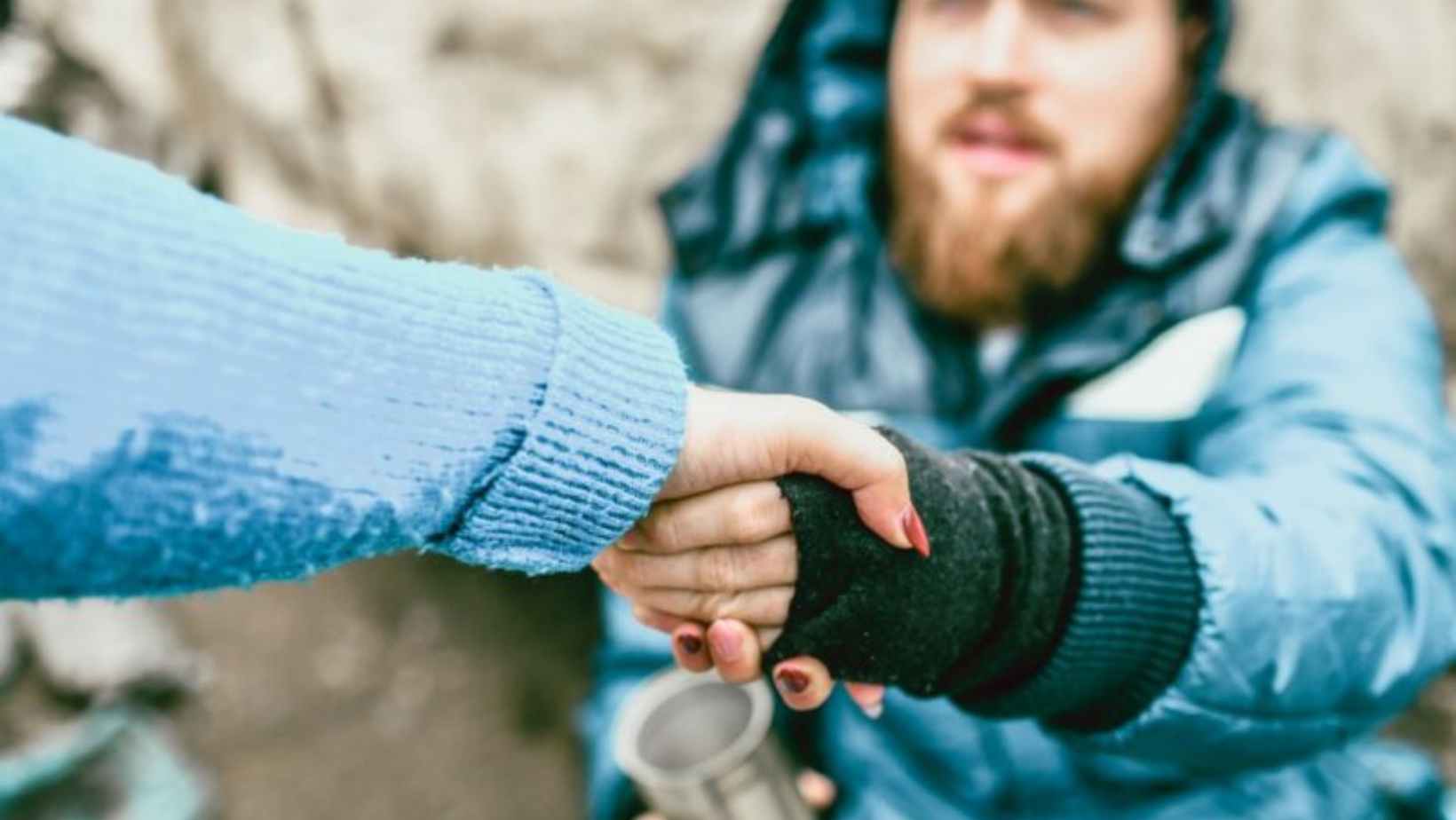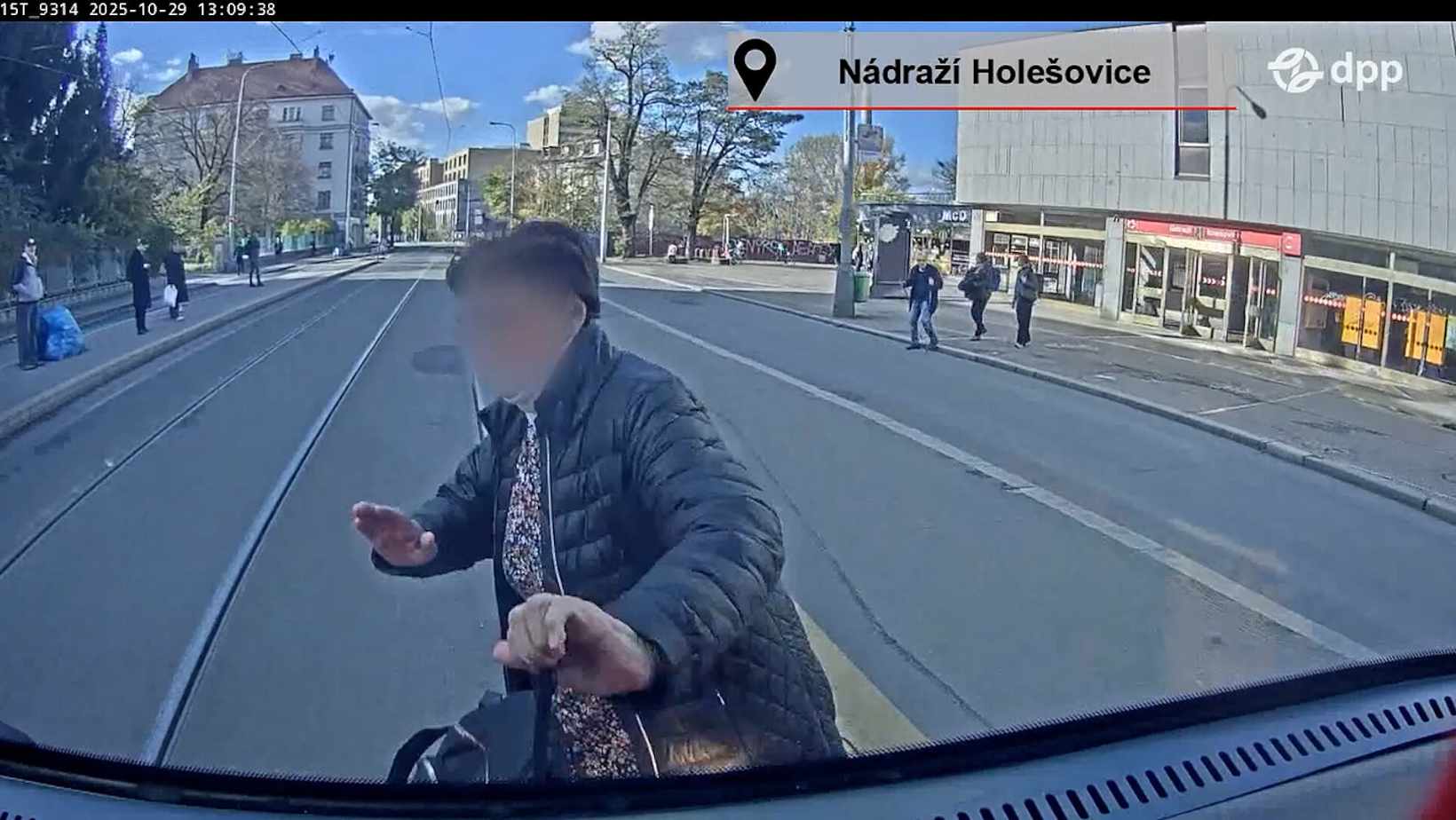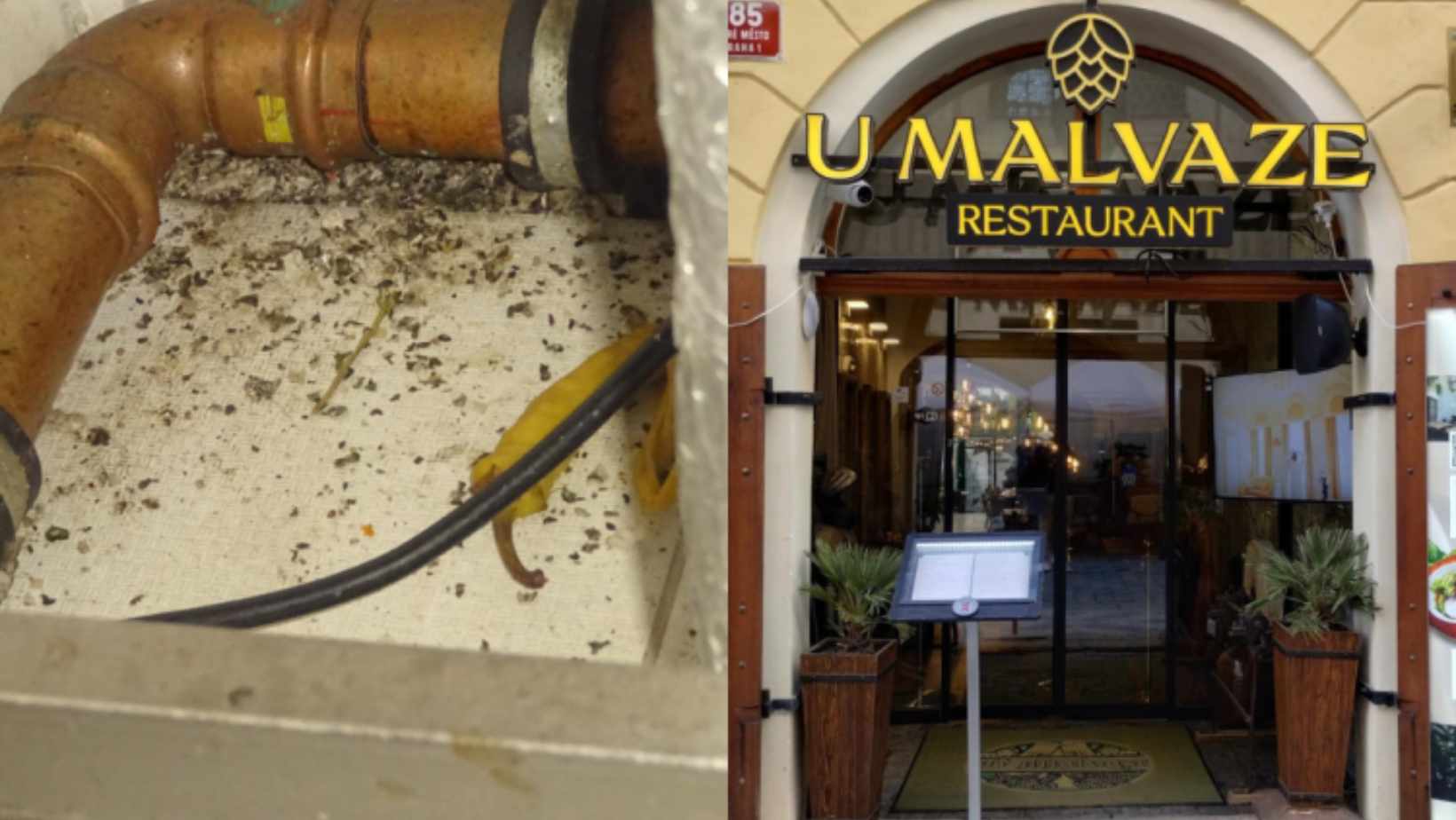What would happen if a homeless individual received CZK 100,000 with no restrictions on its use?
The answer to this question may become clear in about a year as Prague City embarks on an ambitious social experiment, the New Leaf Czech Republic project.
This initiative, launched to help people experiencing homelessness, is a first for Europe and is gaining significant attention both locally and internationally.
For many, this approach might seem controversial—directly providing funds to individuals without conditions challenges traditional methods of addressing homelessness. The issue has been long-standing, with organizations like the OECD frequently highlighting the Czech Republic’s struggles with homelessness.
A Fresh Approach to Homelessness in Europe
“The Czech Republic is the first European country to undertake such a project,” explains Jana Hamplová, director of the organization Neposeda. “The initiative was first trialed in Canada, where it achieved remarkable results that surprised everyone involved.”
The program provides a one-time CZK 100,000 grant to select individuals. This money is given with complete freedom in its use, mirroring the Canadian approach that yielded positive outcomes for many recipients. “We believe that this financial support will empower people to move away from the brink of homelessness,” says Hamplová.
Selecting Participants: Criteria for a Fresh Start
The project’s target group comprises 40 individuals from Prague, each of whom had to meet specific criteria to qualify. Melanie Zajacová, head of the research and the Department of Social Work at Charles University, describes the requirements.
“The first criterion is that the participants must be Czech nationals. This is to ensure there are no communication barriers between them and the project team,” says Zajacová.
Another important condition is that participants must have been homeless for no more than two and a half years. Research indicates that this timeframe allows a feasible return to society since social connections are still intact. Longer periods on the streets, on the other hand, make reintegration significantly more challenging.
“The third criterion is that participants must not have an addiction to alcohol or other addictive substances,” adds Zajacová. “That doesn’t mean they have to be completely sober; moderate use is understandable, and setting a stricter requirement could undermine the project’s objectives.”
Social Investment for Lasting Change
An essential component of New Leaf Czech Republic is its funding model, which seeks social investors instead of traditional donors. “These are investors, not donors. An investor expects some form of return, be it in reduced tax burdens or other financial benefits,” explains Hamplová.
The annual cost of supporting homeless individuals through government and municipal resources is considerable, averaging around two million crowns per person per year. Reducing these public expenditures was one of the major achievements of the Canadian pilot program, and the Czech team anticipates similar results.
“We adapted the Canadian model to suit local needs,” says Zajacová. “While Canada involved psychiatrists and psychologists, our project places a stronger emphasis on social workers to address social reintegration.”
Would you like us to write about your business? Find out more











